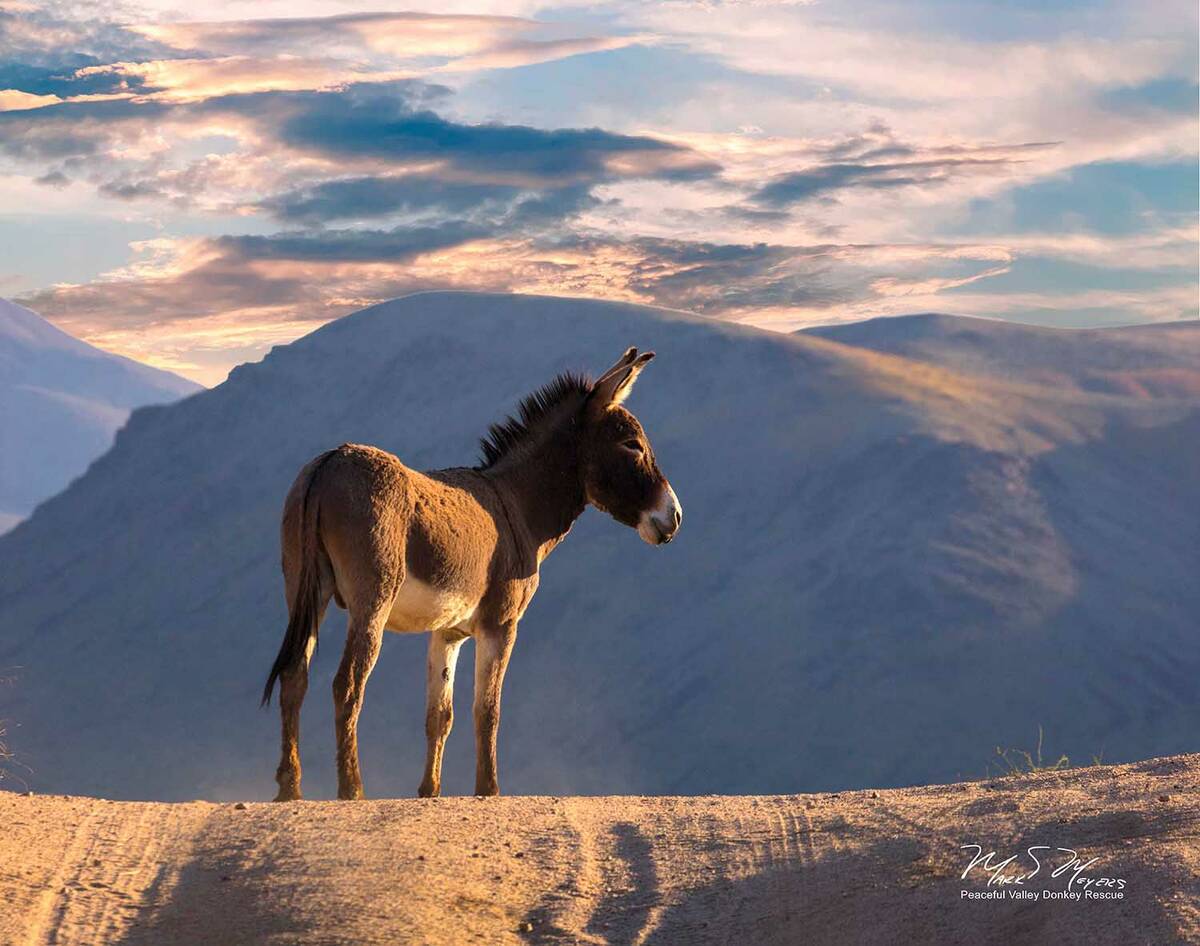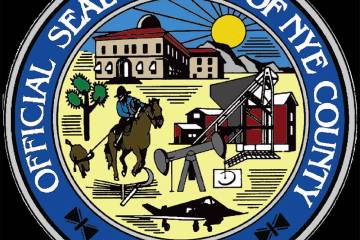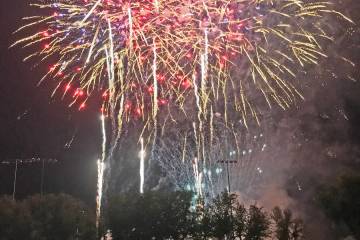Toxic algae blamed for death of 11 burros in Death Valley
DEATH VALLEY, Calif. – Biologists at Death Valley National Park are investigating the deaths of 11 burros that died near Owl’s Hole Spring.
Though the exact cause of the deaths have not been confirmed, the National Park Service (NPS) suspects a harmful algae bloom was to blame.
As stated in a news release, park service officials warned that the water in Owl’s Hole Spring should be considered unsafe for humans or pets to drink or touch.
A clear and present danger
In addition, individuals and pets are advised to avoid the carcasses.
Park rangers have since installed a warning sign at the site.
Algae and what’s known as cyanobacteria occur naturally in water and are more likely to grow into a harmful algae bloom when water is slow-moving, warm, and contains high levels of nitrogen and phosphorous, such as those from fertilizer or sewage, according to the Centers for Disease Control (CDC).
Cruel summer
Additionally, officials said at least three of those conditions existed at Owl’s Hole Spring this summer where the water is stagnant.
Death Valley biologists noted that the park experienced its hottest summer on record this year, while noting that the feral burros defecated in and near the water.
Additional concerns
So far only dead burros have been found, but other animals were likely affected.
It should be noted that no pupfish live in this spring.
“I hate to see any animal suffer,” said Park Superintendent Mike Reynolds. “The National Park Service is working to remove feral burros from Death Valley, for their own safety and to reduce impacts to native wildlife.”
Introduced to the area
Though burros are not native to Death Valley, park officials estimated that at least 4,000 burros are descendants of animals released by miners decades ago.
Relocation efforts
The NPS is seeking to relocate feral burros from the park, however, due to lack of funding, roundups have not been conducted on a large scale since 2005.
The Bureau of Land Management worked with the NPS to remove 43 burros in recent years.
Further, the nonprofit Peaceful Valley Donkey Rescue has captured 256 burros from the park since 2018.
The park has funding to resume roundups in fiscal year 2026, the release stated.

















